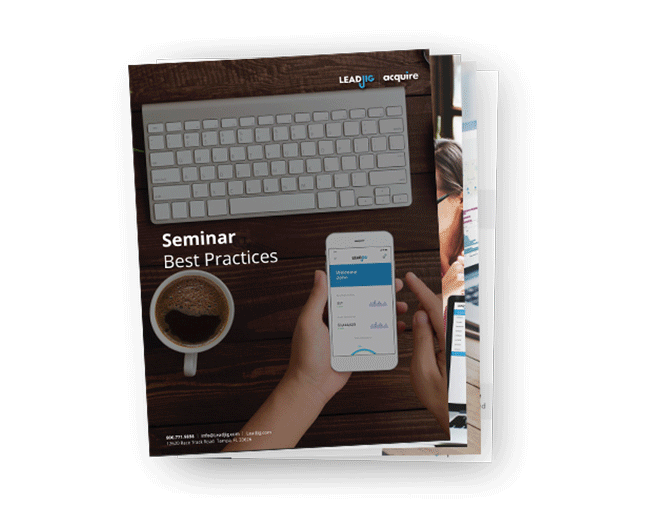Marketing Automation Breakdown
Marketing automation describes the process as using modern technology to manage multiple marketing processes across multiple channels automatically.
With the help of digital marketing automation, companies can send automated messages to their customers across various channels, including email, text, social networks, and the entire web.
The process helps you target your customers and send messages automatically according to a predefined set of instructions called workflows. You may define the workflows by templates, or you can build them from scratch. You may also modify them mid-campaign for better results.
Marketing departments use marketing campaign automation to maximize efficiency and increase revenue. It helps streamline many processes, including lead generation, converting leads into customers, nurturing existing customers, and measuring ROI of the campaigns.
Automated processes reduce human error and allow employees to focus on problem-solving tasks by handling repetitive tasks.
Who Uses Marketing Automation?
Although large enterprises have been using marketing automation for a long time, the technology isn’t reserved for big companies only. Small and mid-sized companies use automation to streamline their processes, too.
Industries such as financial services, health care, retail, media and entertainment, and many others are adopting marketing automation for maintaining strong customer relationships.
Marketing automation can be useful to various sales and marketing teams and executives across many departments, including:
- Content managers and content specialists use web marketing automation for publishing and promoting content across various platforms at the same time.
- Decision-makers such as Marketing Directors, Marketing Managers, and CMOs use automation software to understand the efficiency of each campaign better.
- Email marketers use marketing automation to create, setup, test, and run email marketing campaigns.
- Lead generation managers use marketing automation to run campaigns that reach broad audiences.
Common Marketing
Automation Features
Now that you’re certain in regards to the definition of marketing automation, you may be interested in learning about its most important features.
They include:
- Email marketing: Probably the core component of every marketing automation software, email functionality is one of the most important features of marketing automation.
- Social media: Marketing and automation wouldn’t make sense nowadays without high social media efficiency. MA software usually features useful social analytic tools to track your audience and post across multiple platforms at the same time.
- Lead nurturing: Some of the best MA software offers lead nurturing functionalities to help you keep track of your leads in real-time.
- Analytics: One of the most important features of marketing automation is the in-depth analytics it provides.
Benefits of Marketing Automation?
The most rewarding benefits of marketing automation include:
- Automating repetitive tasks: MA software allows you to take the repetitive tasks out of the hands of your team and leave them to a computer. Computers complete repetitive tasks efficiently, and they minimize the chance of human error.
- In-depth analytics and reporting: The reporting features that constantly track your campaigns are incredibly helpful. Your team can use these features to analyze every campaign in real-time and use that information to build better, more cost-effective campaigns in the future.
- ROI calculation: Marketing automation tools allow you to easily calculate your ROI with all the detailed data it keeps for each campaign.
- One software to rule them all: A marketing automation software is often a centralized tool that covers email, content marketing, CMS, contact forms, downloads, social media, and direct mail.
Marketing
Automation
Best Practices
Let’s list some of the most efficient marketing automation practices you should keep in mind:
- Defining your short-term and long-term goals: Companies use real numbers derived from a MA software to present and justify any investment in marketing to their stakeholders.
- Creating effective process-visualizations: A good software will allow you to use detailed diagrams of your workflow to explain your objectives to the entire organization.
- Collaboration between teams: A marketing strategy usually includes several teams from a company. The best way to use the software is to get everyone’s input before you even begin the automation process.
- Preparing content strategy: Content marketing managers should make sure to build specific content strategies and create a content library. Creating interesting, engaging messages for specific audiences will help you reach maximum efficiency during the automation process.
Now that you’ve learned more about the intricacies of automated marketing, you’ve likely realized it is one of the most cost-effective ways to handle multiple campaigns across multiple channels and platforms.
If you’d like to boost your marketing efforts even more, contact LeadJig today to learn about our financial services marketing services. We can take your business to the next level with industry leading technology and processes.





